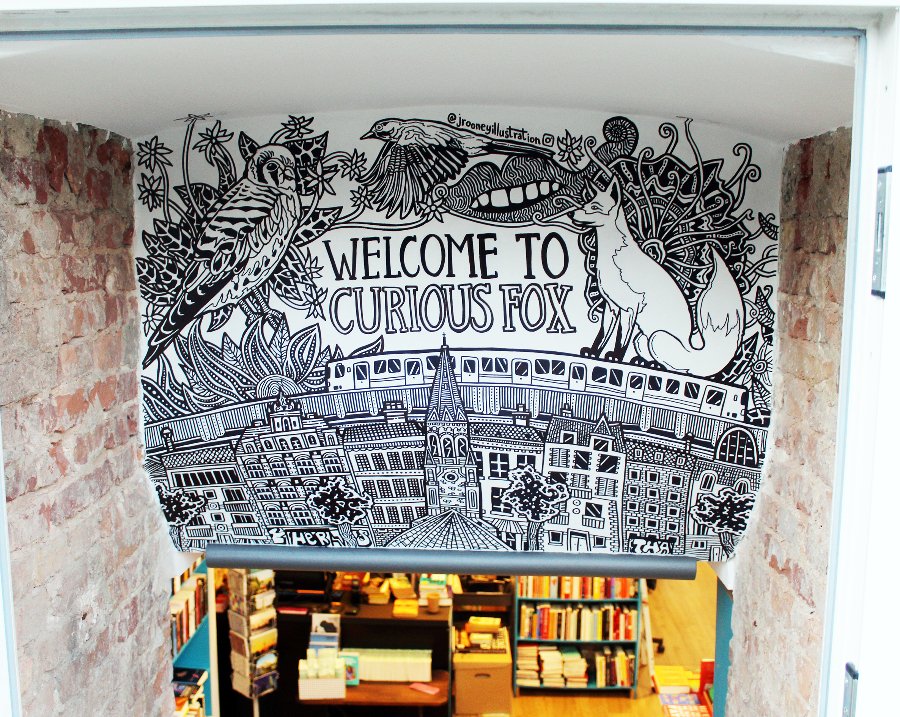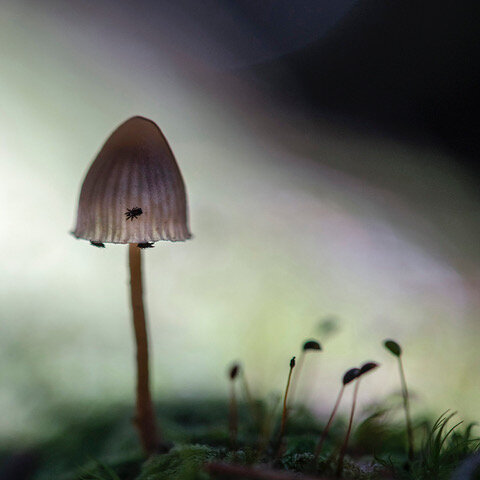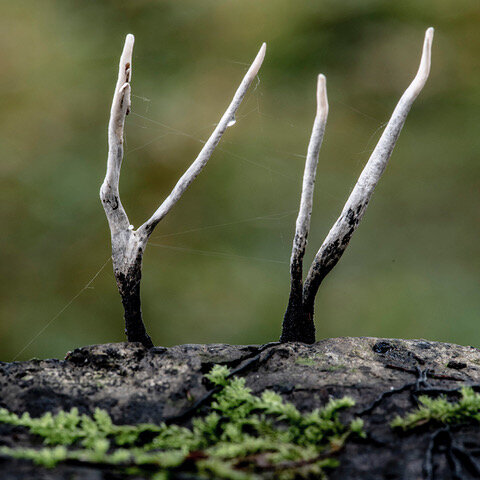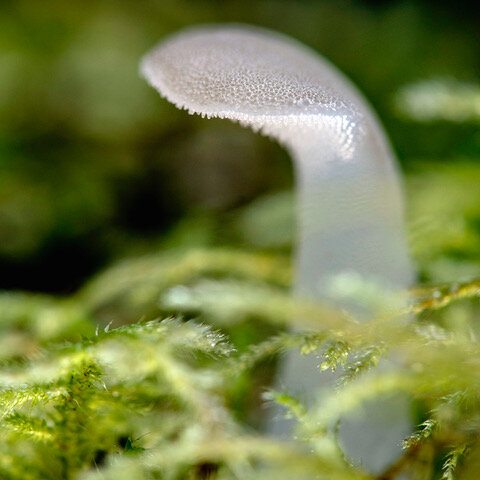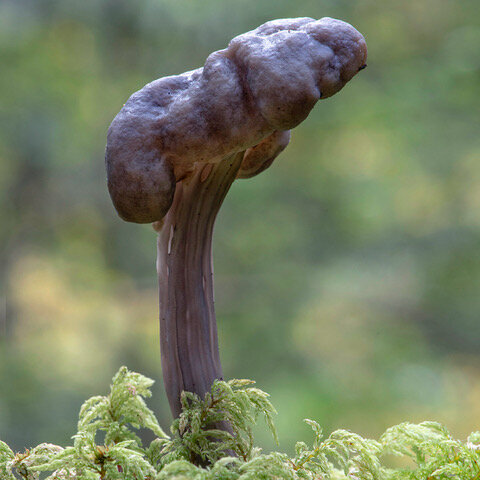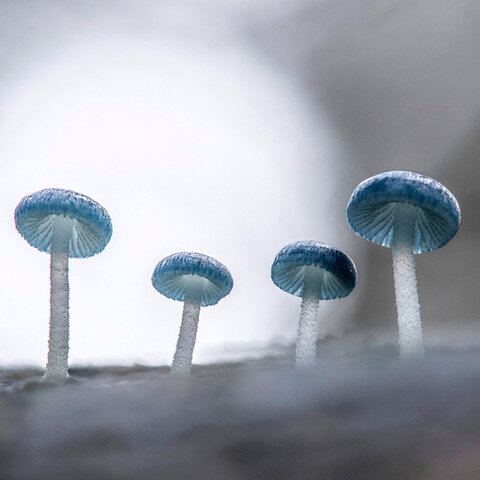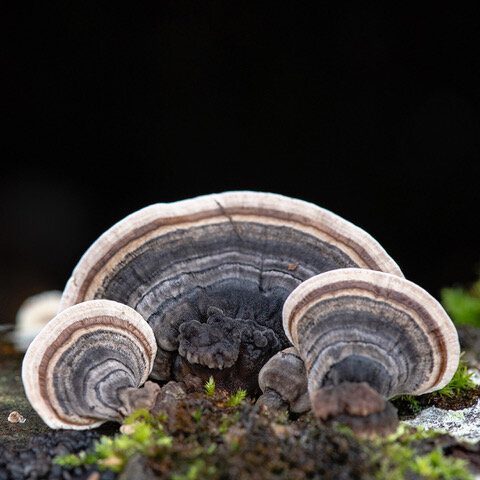Five Questions for... John Rooney
/By Sara Bellini
One of our favourite Berlin bookshops has recently reopened its doors - with a new look, in a new location - and we couldn’t be more thrilled. After the non renewal of their rental contract back in August, Curious Fox. had been absent from the Berlin map until this February, when it moved to Lausitzer Platz in Kreuzberg. While walking down the stairs that lead you to the bookshop, you step under a beautiful black and white mural depicting the new neighbourhood, the nearby overground train, and of course a fox.
The hand behind the artwork is that of Derry-born illustrator John Rooney. “The owners Orla & Dave are good friends of mine and asked me to work on a larger mural on the exterior of the new shop. Unfortunately I had just decided to leave Berlin at the time and thought a smaller mural inside would be more feasible. Myself and Orla are keen bird enthusiasts so I included a kestrel and a jay (which live in the trees opposite the shop). I drew some buildings from the neighbourhood too. It was a very fun way to spend my last week in Berlin.”
You might have seen some of his works in Standart magazine or on windows and walls across Berlin - and Ireland. Drawing inspiration from pop culture (cult movies, sci-fi and literature), nature (he has a dog collage series) and architecture (check out his cityscapes), each composition strikes us for its dynamicity and layers of details, perfectly balanced between accuracy and artistry. If you are curious about the aesthetic potential of the garden spider, the common pipistrelle bat or the Portuguese man o’ war, have a look at his wildlife map of Ireland. No snakes obviously.
In his hand-drawn bird collages and wildlife maps, John Rooney presents a place through its fauna, giving equal importance to the tiny creatures and the majestic ones. The latest addition to its portfolio is the wildlife map of Canada, with over 480 species checked by experts at the Biodôme in Montréal.
According to his bio, “John has not stopped drawing things ever since he was the age of three”, and we are glad to hear he has no plan to stop any time soon. We caught up with him just before he left Berlin, where he had been based for the past four years, to embark on adventures around the world.
What does home mean to you?
A place where you feel at peace and have people around you that you care about. Cliched, I know, but it's that simple for me.
Which place do you have a special connection to?
I'm not sure if you'll accept a place that doesn't exist anymore but I'd have to say a pub called the 'Bound for Boston' in Derry where I spent most of my late teens / early twenties. It was always full of sound people and had great bands playing every week. I have a lot of great memories there. I do love Tempelhofer Feld in Berlin too.
What is beyond your front door?
Not much right now to be honest. I'm living in the suburbs of Derry and the nearest pub is 15 minutes away and it's dodgy as fuck. Although there's some football pitches behind my house that have a lot of nice trees with bullfinches and siskins flying around the place.
What place would you most like to visit?
I'd love to just stand at the foot of Mount Everest just to see it and take it in.
What are you reading / watching / listening to right now?
I'm currently reading a comedy book called Mickey Doc by a Derry author called Fintan Harvey. I'm watching the Kanye documentary and also Lovecraft Country. I'm listening to some Junior Brother and a lot of Kylie, who I rediscovered after watching an episode of 'Reeling in the Years' on RTE.


